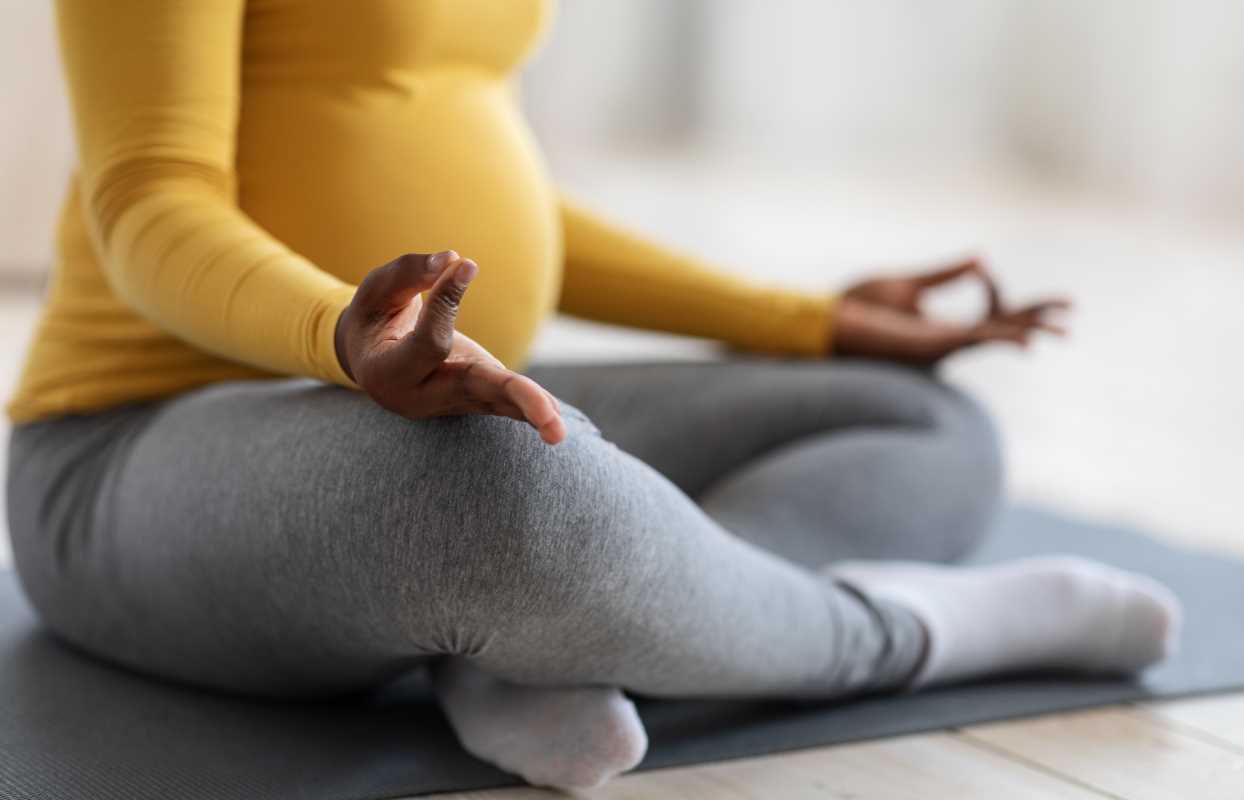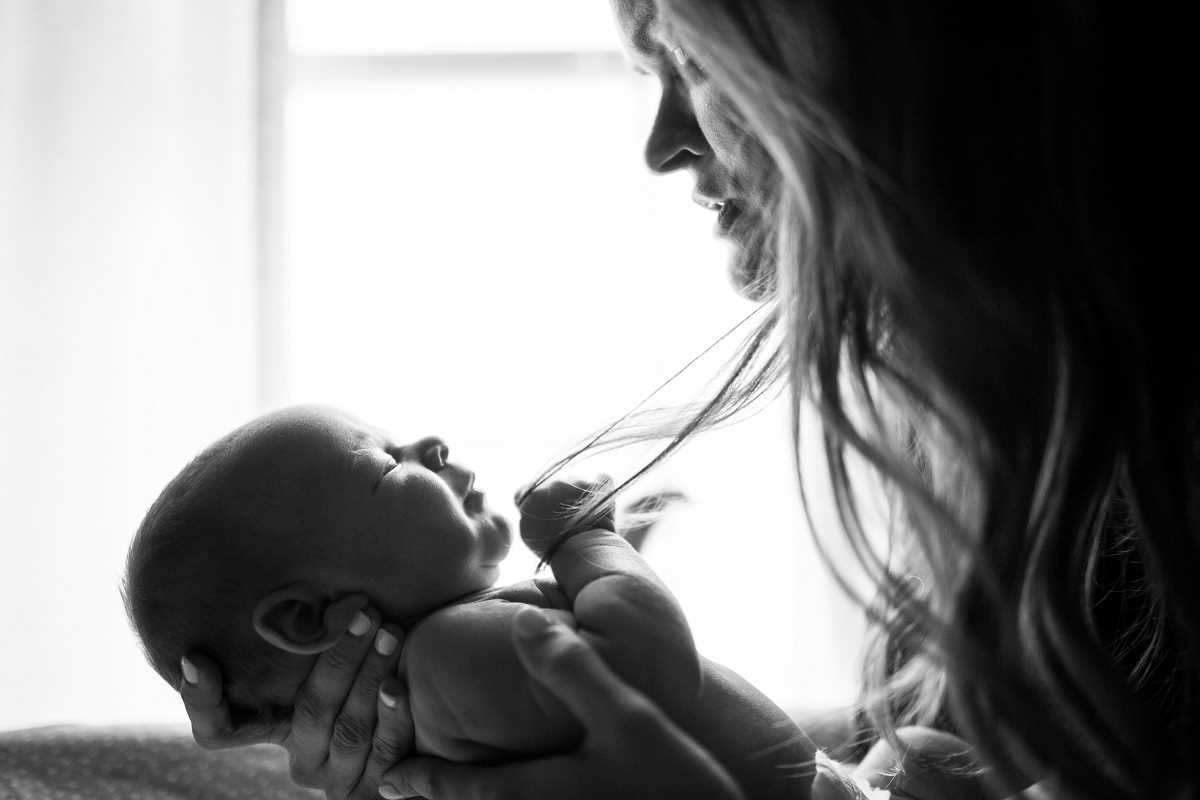The postpartum period is often romanticized as a time of joy and bonding with a new baby, but the reality is far more complex. For many women, this stage involves significant physical, emotional, and psychological transformations that are rarely discussed openly. Understanding the nuances of postpartum recovery can empower new mothers to navigate this challenging yet transformative phase with greater awareness and support.
Physical Recovery
Postpartum recovery involves countless physical changes. Many of these changes continue well beyond the immediate weeks following childbirth. While some aspects of recovery, such as fatigue and soreness, may be expected, other challenges often catch new mothers by surprise.
The uterus undergoes a significant transformation as it contracts back to its pre-pregnancy size—a process that can take six to eight weeks. This internal healing continues long after visible signs of pregnancy have faded. Hormonal recalibration adds another layer of complexity, as fluctuations impact energy levels, mood, and the body’s ability to recover fully. Pelvic floor health is another critical yet under-discussed aspect of postpartum recovery. Pregnancy and childbirth can weaken the pelvic floor muscles, leading to urinary incontinence, discomfort, and even long-term issues with core strength and sexual health. Specialized physiotherapy may be required to restore pelvic floor function, yet many women remain unaware of its importance or availability.
Common Physical Recovery Challenges:
- Uterine healing and contractions lasting weeks or months
- Hormonal fluctuations impacting mood and physical recovery
- Pelvic floor muscle weakness or dysfunction
- Restricted physical movement and lingering fatigue
Emotional and Psychological Dimensions
The emotional landscape of postpartum recovery is very complex, involving a range of experiences that often go unspoken. For some women, this period is marked by overwhelming joy. For others, it includes grief for the pre-pregnancy self, anxiety about their new role, and even feelings of inadequacy.
Sleep deprivation is a significant contributor to emotional upheaval. Without sufficient rest, new mothers often struggle to regulate their emotions, exacerbating feelings of stress or sadness. Additionally, hormonal shifts can trigger postpartum depression or anxiety, both of which require attention and support.
Bonding with a newborn, while rewarding, can also be emotionally taxing. For some, the connection is immediate; for others, it develops gradually, leading to guilt or confusion.
Strategies for Emotional Well-Being:
- Seek support from mental health professionals if feelings of sadness or anxiety persist
- Join postpartum support groups to share experiences and reduce isolation
- Communicate openly with partners and loved ones about emotional needs
- Establish realistic expectations for bonding and parenting
Practical Recovery Challenges
Recovery isn’t just about healing; it also involves adapting to a new reality. Many women face practical hurdles, from restricted physical movement to managing basic self-care, that make day-to-day life more difficult. Chronic fatigue is a common challenge, compounded by the demands of caring for a newborn.
Nutritional needs often go overlooked during postpartum recovery, yet proper nutrition is crucial for healing and energy. Hydration and balanced meals are essential, as is allowing time for rest and gentle physical activity to rebuild strength gradually.
Practical Tips for Recovery:
- Prepare meals in advance or seek help with cooking
- Focus on hydration and nutrient-rich foods
- Set aside time for short, gentle walks to aid circulation and recovery
- Prioritize sleep whenever possible, even if it means napping during the day
Medical and Healthcare Insights
Postpartum care often focuses on the baby, but mothers need comprehensive medical support as well. Holistic approaches to recovery, which consider both physical and emotional needs, can be transformative.
Professional support from specialists, such as pelvic floor therapists or postpartum counselors, can address specific recovery challenges. Unfortunately, many women are unaware of these resources or hesitate to seek help. Regular check-ups with healthcare providers should include physical and mental well-being discussions.
Recommended Healthcare Resources:
- Pelvic floor physiotherapists for tailored rehabilitation plans
- Postpartum mental health specialists for emotional support
- Nutritional counseling to support healing and energy levels
- Lactation consultants for breastfeeding challenges
Social and Relational Dynamics
The postpartum period often reshapes relationships. Partners may struggle to adjust to new roles and responsibilities, leading to communication challenges. Social networks may shift as priorities change, and some mothers find themselves redefining personal boundaries to protect their mental and emotional health. Partnership recalibration is key during this time. Open communication about shared responsibilities and emotional needs can prevent misunderstandings and build a stronger foundation for parenting together.
Navigating Relationship Changes:
- Schedule regular check-ins with your partner to discuss feelings and expectations
- Lean on friends or family members for practical and emotional support
- Be honest about your needs and set boundaries to protect your well-being
Breaking Societal Misconceptions
Postpartum recovery is often misunderstood, with societal narratives setting unrealistic expectations. Many new mothers feel pressured to “bounce back” physically and emotionally quickly. However, recovery is not a race but a deeply personal process that unfolds at its own pace. Challenging these misconceptions begins with acknowledging the diversity of postpartum experiences. Some women may recover relatively quickly, while others face prolonged challenges. Seeking professional help is not a sign of weakness but an important step toward holistic recovery.
Common Misconceptions to Overcome:
- Recovery is not instantaneous or uniform
- Striving for perfection is counterproductive
- Professional support is essential and should be normalized
Practical Recovery Strategies
Building a comprehensive recovery toolkit can help new mothers navigate this demanding phase more easily. Physical recovery requires a balance of rest, gentle movement, and proper nutrition. Emotional support, whether through counseling or peer groups, is equally important.
Steps for a Holistic Recovery:
- Engage in gentle exercises, such as postnatal yoga or walking, to rebuild strength
- Incorporate nutrient-dense foods into your meals to support energy levels
- Establish a network of trusted friends, family, or professionals for emotional support
- Be patient with yourself and embrace progress over perfection
The postpartum recovery process is a multifaceted journey that encompasses physical, emotional, and psychological dimensions. It requires compassion, comprehensive support, and a willingness to challenge societal misconceptions about motherhood. By acknowledging the complexities of recovery, seeking professional guidance, and embracing individual experiences, new mothers can navigate this transformative period with confidence and resilience. Above all, understanding that recovery is a non-linear process allows space for growth, healing, and self-discovery in the months and years following childbirth.
 (Image via
(Image via




